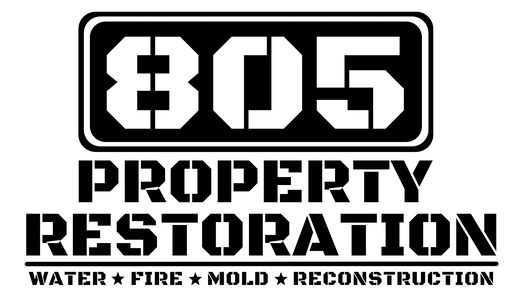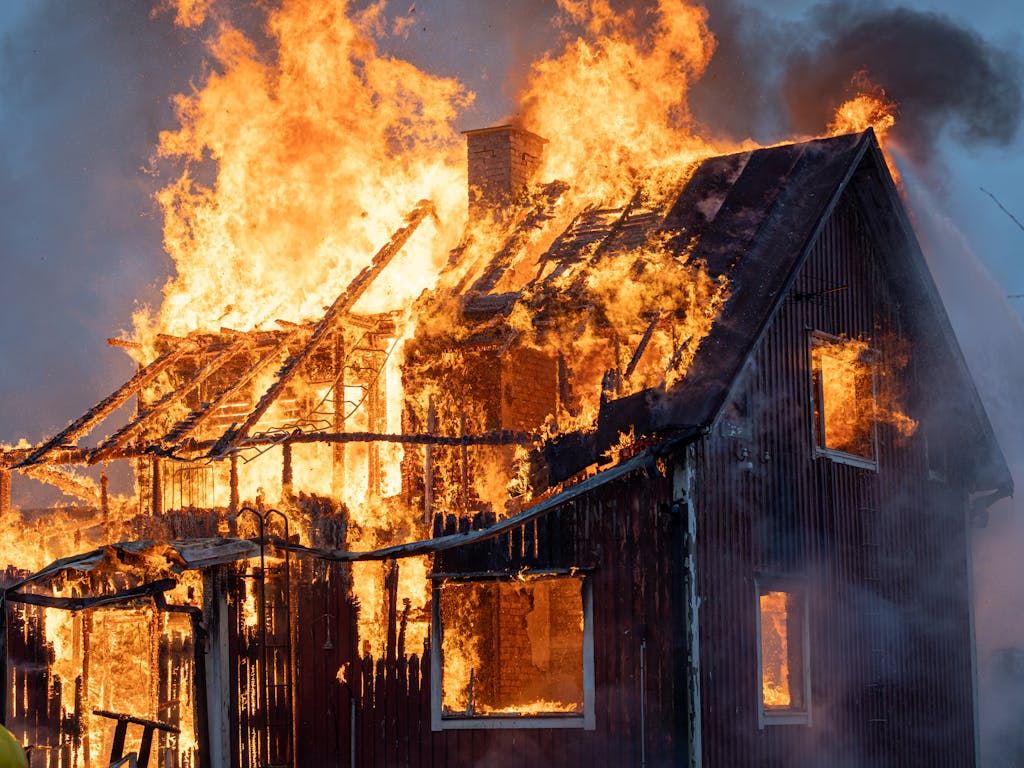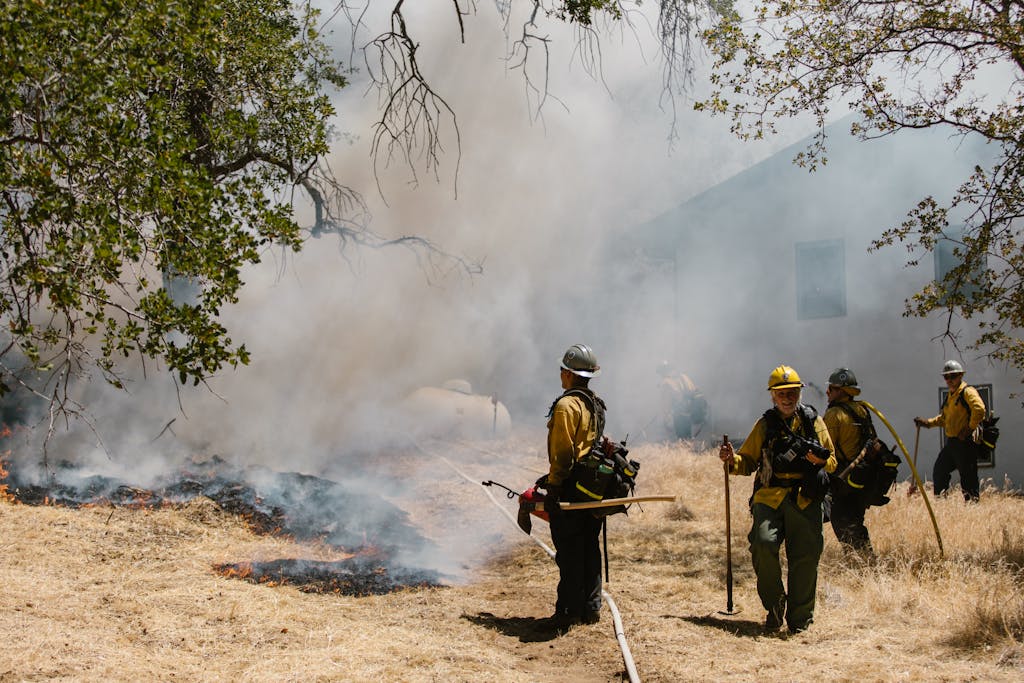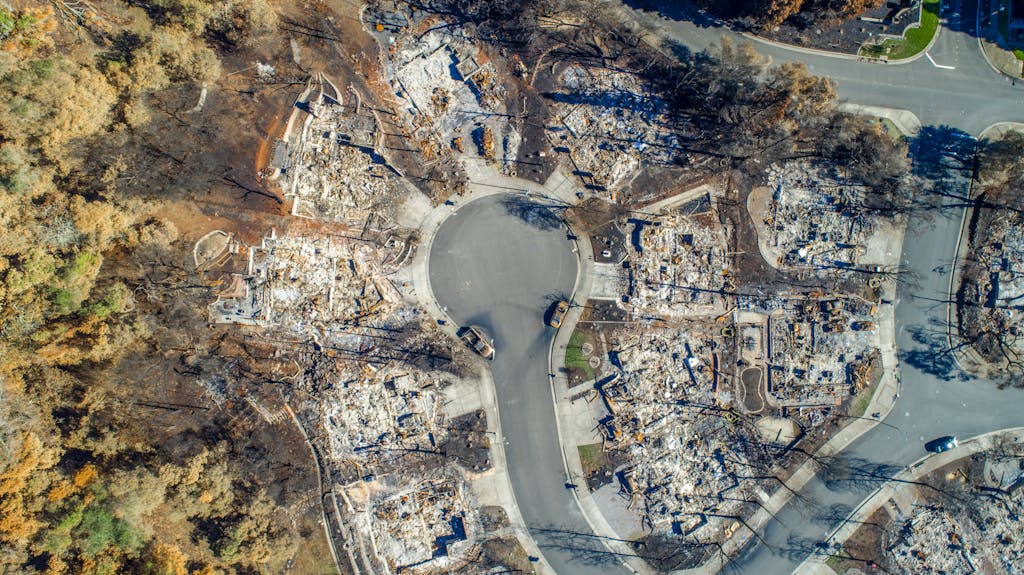Fire Damage? Get Expert Help
From Ashes to Restoration
Fire damage can turn your home or business upside down, leaving behind destruction, smoke residue, and lingering odors. Our fire damage restoration experts are ready to step in immediately, providing fast, reliable solutions to restore your property. Whether you’re facing minor smoke damage or require a complete rebuild, we handle every aspect of the restoration process with precision and care. Our services include debris removal, deep cleaning, odor and soot removal, structural repairs, and full reconstruction to ensure your space is fully restored. We also assist with insurance claims, working directly with providers to simplify the process and reduce your stress. With a focus on quality, efficiency, and customer support, we help you rebuild not just your property, but your sense of security. When fire damage strikes, count on us for expert restoration from start to finish.
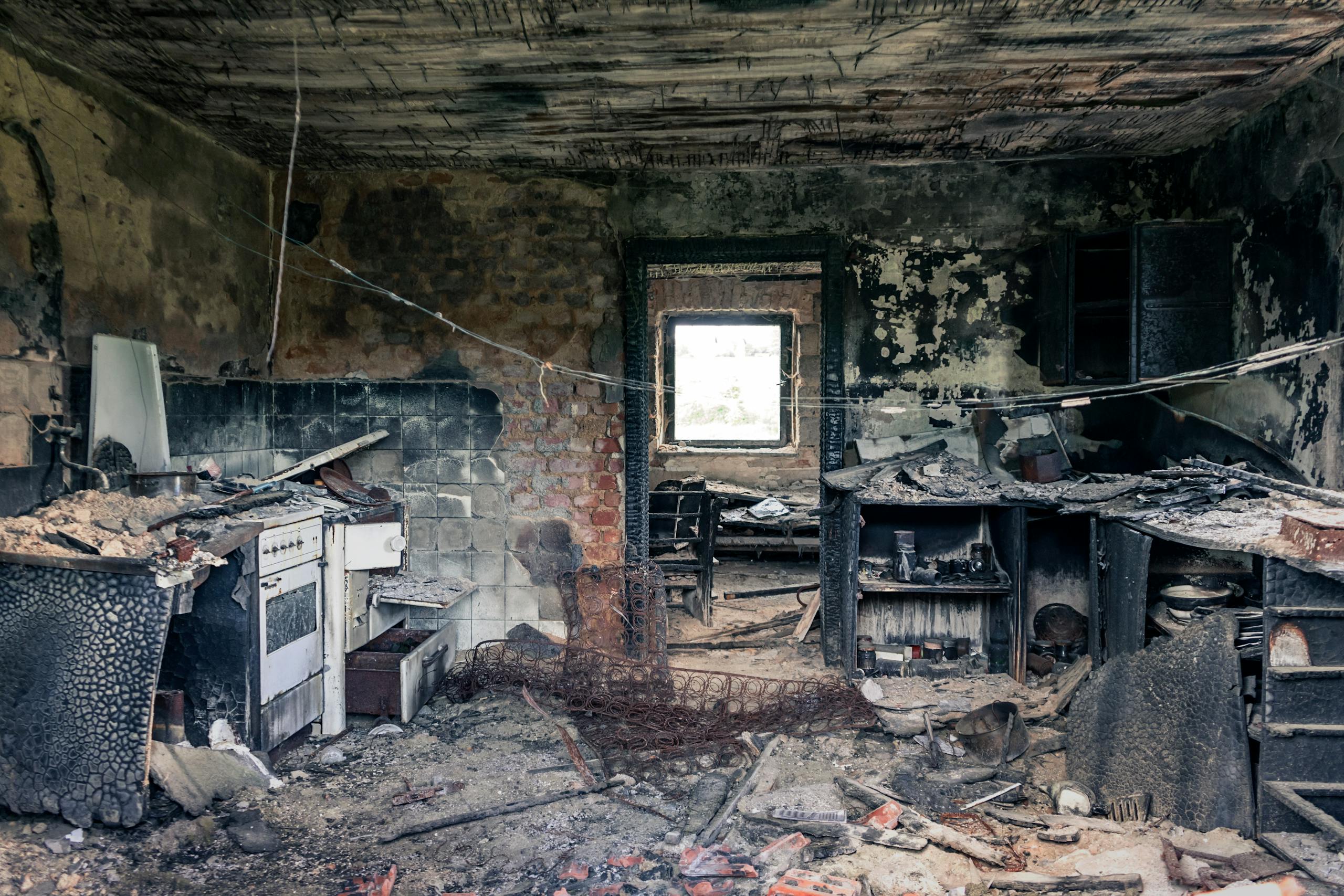

Rapid Response, Fire Damage Recovery
Fire damage can happen at any time, and quick action is crucial to minimizing further destruction. That’s why our 24/7 emergency fire damage response team is always ready to help, day or night. We act fast to secure your property, assess the damage, and begin the restoration process immediately. From smoke and soot removal to structural stabilization and debris cleanup, we ensure every step is handled with care and precision. Our advanced equipment and expert techniques allow us to mitigate damage quickly and restore your home or business as efficiently as possible. When fire strikes, trust our rapid response team to bring safety, security, and peace of mind back to your space.
From Soot to Spotless
Smoke damage can linger long after a fire, leaving behind strong odors, soot buildup, and harmful residues that affect both your property and indoor air quality. Our smoke damage cleaning and removal services are designed to eliminate these hazards quickly and effectively. We use advanced cleaning techniques and specialized equipment to remove soot from walls, ceilings, and surfaces, preventing permanent staining and deterioration. Our odor removal process includes deep cleaning, air scrubbing, and thermal fogging to neutralize smoke smells at their source. Whether the damage is from a small kitchen fire or widespread smoke exposure, we restore your space to a clean, safe environment. Don’t let smoke damage compromise your home or business—trust our experts for a thorough and efficient restoration.

Frequently Asked Questions About Kitchen Remodeling
Ready to restore your home after fire damage? Contact us today to schedule a consultation and take the first step toward rebuilding a space that’s safe, secure, and beautifully restored!
